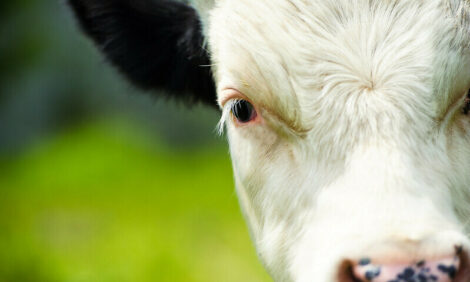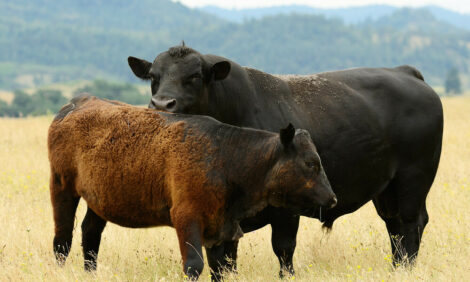



Russian Programme to Benefit Irish Cattle Breeders
RUSSIA - Russia has experienced a dramatic decline in beef and dairy production over the past two decades, according to Joe Burke of Bord Bia's Meat Division.Domestic produce was largely replaced by imports, like South American beef and butter from New Zealand. However, for the past two years there has been renewed interest in cattle breeding, driven by a Government programme to develop the beef and dairy industries.
The Russian Ministry for Agriculture has allocated a budget of 16 billion Roubles (c. €370 million) to the Cattle Breeding Improvement Programme until 2012.
Part of this provision will be used to support producers who import pedigree heifers, which will improve their genetic resources. These subsidies can make up more than 50 per cent of the cost of these animals. In addition, there are facilities to access start-up capital at preferential interest rates.
Import duties have been increased on imports of commodities to protect domestic producers (e.g. from €0.22/kg to €0.35/kg on cheese and 15 per cent to 20 per cent on other dairy products.)
According to trade sources, more than 50,000 breeding cattle were imported to Russia last year. Major suppliers include Australia, Canada and USA. Other EU countries have also sent substantial shipments in recent years: Netherlands, Denmark, Germany and Hungary. However, the other EU states are restricted from exporting to several regions in Russia because of Bluetongue disease.
This has prompted the Russian livestock importing companies to look to Ireland as a supplier of pedigree dairy and beef replacement heifers.
To-date there has been one consignment of in-calf heifers from Ireland to Russia, which took place last December. A group of Russian cattle importers visited Ireland last week as part of an initiative by Bord Bia’s Moscow office to promote the high quality breeding animals which this country has to offer.
During their itinerary the Russians visited several pedigree breeders, and met with the respective breed societies, ICBF and the Department of Agriculture, Fisheries and Food, along with commercial contacts.
TheCattleSite News Desk


